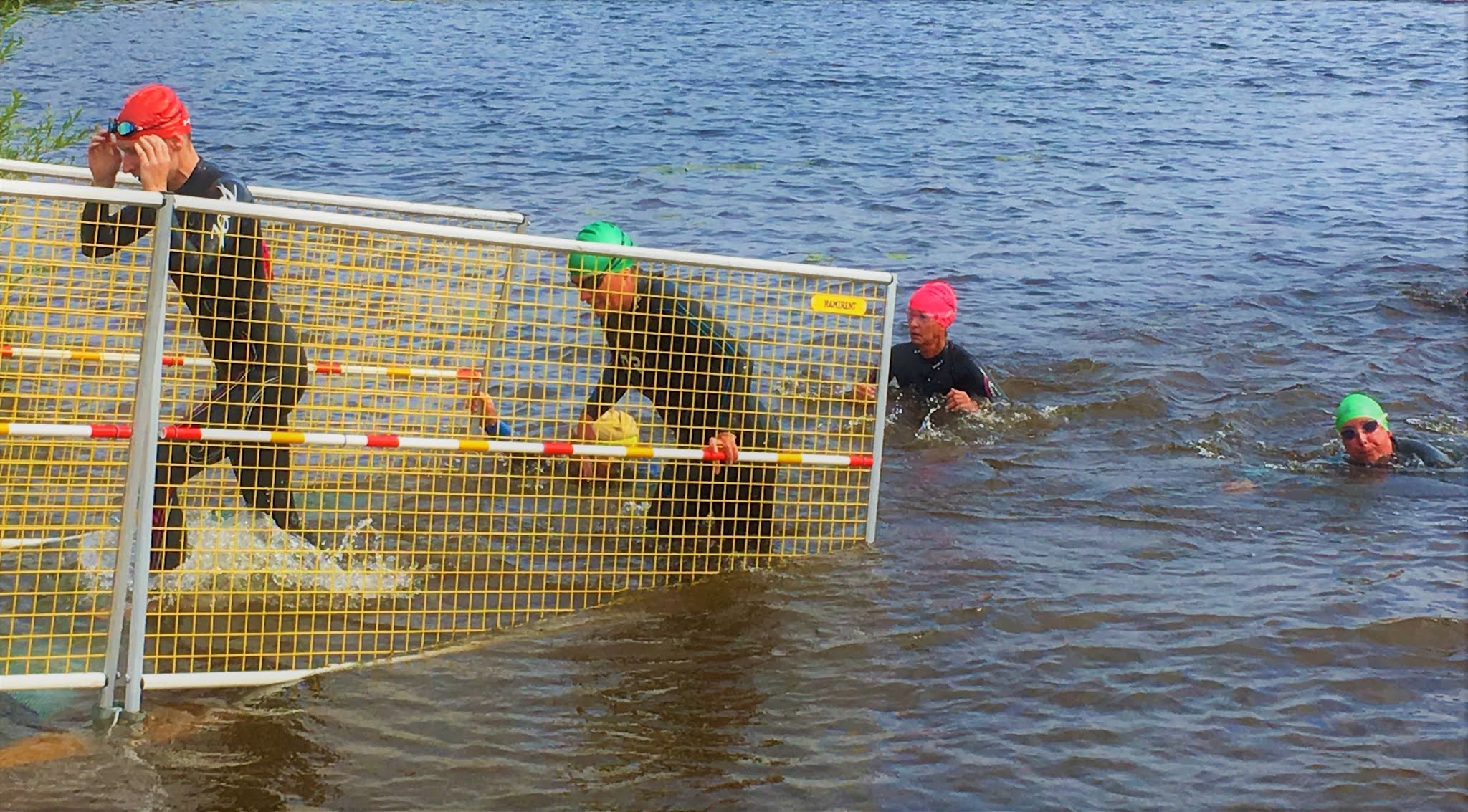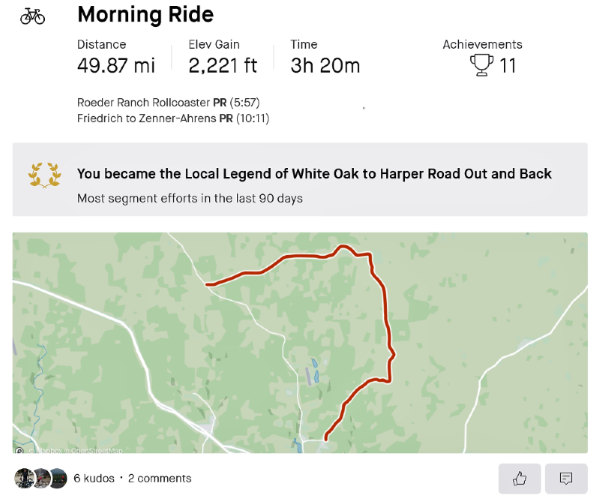Quality above quantity

When you start training, your times improve quickly at first, but then there is a plateau. If you are competitive and want to get faster, you have to work on speed. It will not happen running the same 5k track, time and time again. Same in swimming and biking, you have to do speedwork . I will here focus on how I have improved my speed in running. I reason like this: if I want to run an 8.30 mile, I have to train at 8.30 speed or faster. I just can't keep it up for 5k (3.1 miles) yet. So I use the treadmill, where I can control and force the speed. First, and very important, I need a good warm-up. I start at walking speed for 1 minute, then increase to a slow jog for a minute. After that I press the button for an increase in speed every 15 seconds. After a total of about 8 minutes, I am faster than my competition speed. How fast you force yourself, is individual, but I run a normal 5k (3.1 miles) on a triathlon a little above 9 minutes/mile. (On a regular 5k race, I am faster). So...





